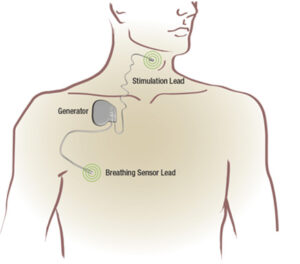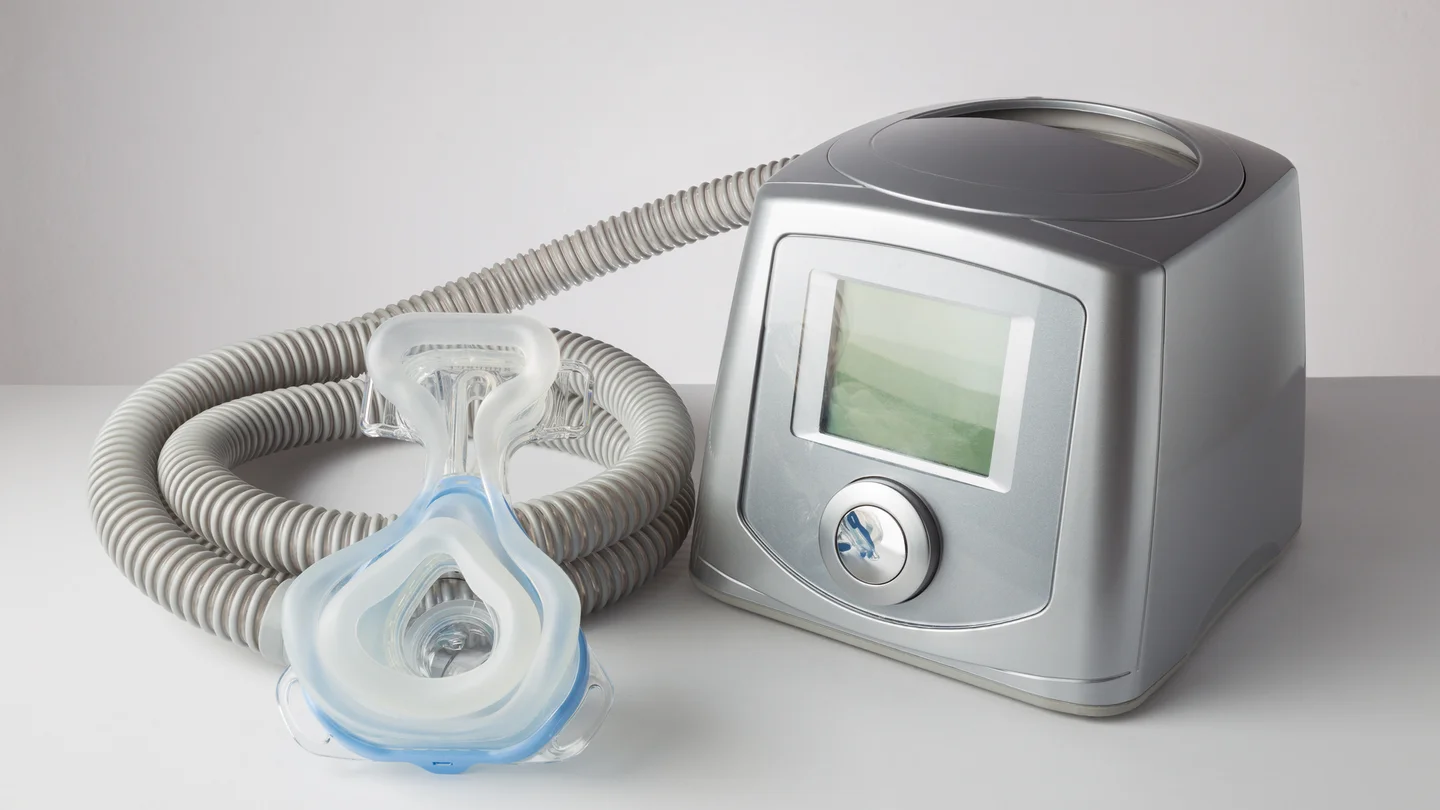Beyond the Mask: Exploring Alternatives to CPAP for Sleep Apnea
What is CPAP
CPAP, or Continuous Positive Airway Pressure, is a lifesaver for sleep apnea sufferers. This machine acts like a gentle air pump for your throat, delivering continuous pressurized air through a mask while you sleep. This pressure keeps your airway open, preventing those frustrating breathing pauses that disrupt sleep and leave you feeling drained. Think of it as a tiny superhero against the villains of snoozing and fatigue. With CPAP, improved sleep, better mood, and even reduced health risks become your morning superpowers
For many struggling with sleep apnea, the CPAP machine has become a familiar, if not always beloved, nighttime companion. Its constant whirring and mask-related discomforts can leave some yearning for an alternative path to restful sleep. And thankfully, there are options! While CPAP remains the gold standard for moderate to severe obstructive sleep apnea (OSA), a spectrum of alternatives can help you conquer those frustrating breathing pauses and reclaim your slumber.
Let’s dive into the non-CPAP toolbox:
1. Oral Appliance Therapy:

Think of it as a retainer for your tongue or jaw. These custom-fitted mouthpieces gently reposition your airway, preventing blockages during sleep. They’re most effective for mild to moderate OSA and ideal for those who find CPAP intolerable. Research suggests a high compliance rate due to their comfort and portability.
2. Positive Airway Pressure (PAP) Variations: CPAP isn’t the only PAP game in town. Consider these options:
- Automatic Positive Airway Pressure (APAP): This smart machine adjusts air pressure automatically based on your breathing needs throughout the night. It’s a good choice for those who struggle with constant pressure changes from a standard CPAP.
- Bilevel Positive Airway Pressure (BiPAP): BiPAP provides two pressure settings – one for inhaling and another for exhaling. This can be helpful for people with heart or lung issues who find it difficult to breathe against CPAP’s constant pressure.
3. Lifestyle Tweaks: Sometimes, small changes can yield big results. Consider these lifestyle adjustments:

- Weight loss: Even a modest weight loss can significantly improve OSA symptoms.
- Positional therapy: Avoiding sleeping on your back can reduce airway collapse. Invest in wedge pillows or body positioners to encourage side sleeping.
- Alcohol and sedatives: These substances relax the muscles in your throat, worsening OSA symptoms. Limit or avoid them before bed.
- Exercise: Regular physical activity can improve overall health and upper airway tone, potentially lessening OSA severity.
4. Surgical Solutions: For some, surgery may be the most effective long-term solution. Common procedures include:
- Uvulopalatoplasty: This removes excess tissue from the soft palate and uvula, improving airway space.
- Tracheotomy: In severe cases, a small incision in the trachea allows air to bypass the blocked upper airway.
5. Emerging Therapies: The field of sleep apnea treatment is constantly evolving. Keep an eye on these promising new approaches:

- Hypoglossal nerve stimulation: This device implants a pacemaker-like stimulator that electrically activates the tongue muscle, preventing airway collapse.
- Continuous positive external pressure (cNEP): This creates mild suction on the chest wall, increasing airway stability during sleep.
Finding Your Path: Remember, choosing the right alternative depends on your individual needs and preferences. Consult your doctor or a sleep specialist to discuss your options and develop a personalized treatment plan. They can assess your OSA severity, lifestyle factors, and medical history to guide you towards the most effective and comfortable solution.
Remember, you’re not alone in this journey. Explore, experiment, and find the path that leads you back to blissful, uninterrupted sleep. Sweet dreams!
Additional Resources:
- American Academy of Sleep Medicine: https://aasm.org/
- Sleep Foundation: https://www.sleepfoundation.org/
- National Sleep Foundation: https://www.sleepfoundation.org/
- Mayo Clinic: https://www.mayoclinic.org/diseases-conditions/sleep-apnea/symptoms-causes/syc-20377631
Please note: This blog is for informational purposes only and should not be interpreted as medical advice. Always consult a healthcare professional for diagnosis and treatment of sleep apnea
Check this blog on 10 best apps similar to Quickbooks: https://dittobuzz.com/10-best-apps-similar-to-quickbooks/
